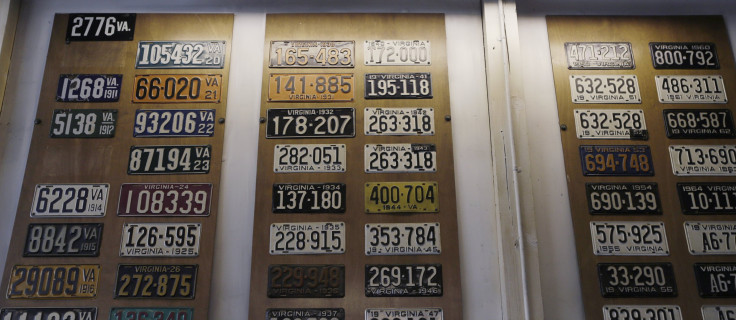Virginia License Plate Database Targeted By ACLU In What Appears To Be First Suit Of Its Kind

A Virginia man's lawsuit against the Fairfax County Police Department appears to be the first against law enforcement's storage of data collected with automatic license plate readers. Collection and storage of license plate information is increasingly common among U.S. police agencies, with officers squaring off against civil liberties advocates over the idea of collecting information on people not suspected of any wrongdoing.
Americans have previously filed suit against police departments to find out what information is stored on those individuals. But Harrison Neal, with help from the American Civil Liberties Union, filed a suit Tuesday arguing that a license plate database violates Virginia's Government Data Collection and Dissemination Practices Act, which aims to prevent unnecessary data collection. Neal asserts his license plate was scanned twice, despite the fact that neither he nor his car are the subject of a police investigation.
“It is an unacceptable invasion of privacy,” Rebecca Glenberg, legal director of ACLU Virginia, said in a news release announcing the suit. “The Data Act is very clear. Personal information cannot be collected, stored or disseminated unless the need for such collection has been clearly established in advance and the information is appropriate and relevant for the purpose for which it was collected.”
A decision in this case could have implications nationwide. Current and former government officials have said the U.S. Department of Justice, for instance, has been at work on a database of millions of license plates, giving it the ability to track vehicles' locations on behalf of the Drug Enforcement Administration.
© Copyright IBTimes 2025. All rights reserved.




















